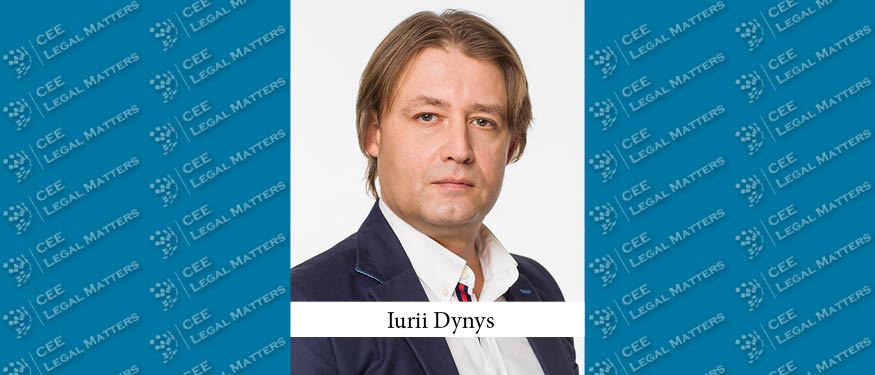At the beginning of June 2023, the Supreme Court of the United States ruled in favor of the famous Jack Daniel’s distillery in a trademark infringement lawsuit after a squeaky toy for dogs appeared on the market, which resembles a bottle of the famous whiskey Jack Daniel’s Old No. 7 Black Label Tennessee Whiskey in the context of shape of the bottle and other elements (trade dress).
Case background
Arizona-based company – VIP Products has launched a line of squeaky dog toys on the United States market which mimic certain well-known product brands, including Jack Daniel’s whiskey. The dog toy in question, which is shaped like a bottle, has an image of a Spaniel’s head and inscriptions on a black label (in the same font as the original whiskey bottle) such as: “Bad Spaniels” “Old No. 2” “on your Tennessee carpet” etc. The company VIP Products said that the motivation behind the creation of such dog toy was to create a product as a parody of existing products on the market in order to entertain the public.
Although there is an inscription on the disputed dog toy that this product is not connected with the Jack Daniel’s distillery, the management of Jack Daniel’s was not amused by this business move, thus initiated proceedings against the company VIP Products for trademark infringement, in order to withdraw the disputed dog toy from the market.
First instance court procedure
Jack Daniel’s argued that the company VIP Products violated federal trademark law and that the toy tarnished Jack Daniel’s reputation, noting that it could further confuse consumers into thinking the product belonged to the “oldest registered distillery in the United States.”
Jack Daniel’s lawyers said that everyone loves a good joke, as reported by the media, but that VIP Products’ “joke” is profit-motivated and confuses consumers by exploiting the hard-earned reputation Jack Daniel’s enjoys.
The District Court ruled in favor of Jack Daniel’s in the first instance court procedure, arguing that the dog toy infringed the well-known distillery’s trademark. However, the Second-Instance Court sided with the company VIP Products in the appeal procedure, referring to the so-called Rogers test.
Second instance court procedure
In this case, the second-instance appeal body was the United States Court of Appeals for the Ninth Circuit (“Appeal Court“), which ruled in favor of the company VIP Products and, additionally, lifted the injunction imposed for further production and sale of the dog toy in question.
The Appeal Court referred to the Rogers test created in the case law of Rogers vs. Grimaldi, which is used in relation to the freedom of speech and the protection afforded in that regard by the First Amendment to the United States Constitution.
The Appeal Court reasoned that the use of Jack Daniel’s trademark was not commercial and was protected by the First Amendment because it was done in a humorous way and constituted an “expressive work.”
Jack Daniel’s, dissatisfied with the decision of the Appeal Court, further appealed to the Supreme Court of the United States.
Opinion of the Supreme Court
The Supreme Court overturned the judgment of the Appeal Court and sent it back for reconsideration, however the judges of the Supreme Court did not comply with the request of the distillery to completely dismiss the Rogers test that the Appeal Court applied in the course of rendering the decision.
The unanimous opinion of the judges is that, despite everything, the Supreme Court does not decide whether the use of the Rogers test is ever appropriate, nor how far the exclusion of non-commercial use of a trademark reaches. The opinion also states that the use of a trademark is not considered non-commercial just because it parodies or otherwise comments on other people’s products.
The Supreme Court judges took the stance that it was inappropriate for VIP Products to use the trademark to indicate the source of its own goods – in other words, VIP Products was using a trademark as a trademark. Such trademark use is the heart of the trademark law and does not receive special First Amendment protection.
Conclusion
Although the Jack Daniel’s case, according to media reports, raised serious concerns about the application of the First Amendment in trademark disputes, this case likely amused the justices as they discussed the humorous topic during oral arguments in March this year.
However, Jack Daniel’s lawyers were not amused and argued that the Appeal Court’s ruling “gives imitators a free license to prey on unsuspecting consumers and trademark holders”, thus warned that unless the Supreme Court overturns the Appeal Court’s decision, companies can use trademarks they do not own to flood the market with allegedly parody products.
Several world-famous companies also filed briefs with the Supreme Court in support of Jack Daniel’s, including Nike, which argued that not every use of someone else’s trademark is a parody and that the Supreme Court should discipline this important classification in cases where parody is insisted upon.
This article is to be considered as exclusively informative, with no intention to provide legal advice. If you should need additional information, please contact us directly.
By Ivana Ruzicic, Managing Partner and Sara Ostojic, Senior Associate, PR Legal
















